Sudan’s civil war, raging since April 2023, has escalated into the world’s largest humanitarian crisis, with devastating consequences for its 50 million people and neighboring countries. Pitting the Sudanese Armed Forces (SAF), led by Gen. Abdel Fattah al-Burhan, against the Rapid Support Forces (RSF), commanded by Gen. Mohamed “Hemedti” Dagalo, the conflict has killed over 150,000, displaced 14 million, and left 25 million facing acute hunger, according to the UN and BBC reports. As of May 2025, the SAF has reclaimed key areas like Khartoum, but the war shows no signs of abating, fueled by foreign arms and a lack of effective peace talks.
The conflict erupted over disputes following the 2021 coup, particularly the integration of the RSF into the SAF. Fighting has centered in Khartoum, Darfur, and Gezira, with the SAF retaking the presidential palace in March 2025 and declaring Khartoum “free of rebels” by May 20, per X posts. The RSF, despite losses, controls much of Darfur, where it faces genocide accusations for targeting non-Arab groups, as noted by the U.S. on January 7, 2025. Both sides have committed atrocities, including chemical weapons use by the SAF and RSF drone strikes on civilian sites like El Fasher’s Saudi Hospital, killing 70 in January 2025.
Foreign involvement has intensified the war. The UAE is accused of arming the RSF, while Iran, Russia, and Egypt back the SAF with drones and jets, breaching the Darfur arms embargo, per Amnesty International. China, a key player, donated 1,250 tonnes of food aid in January 2025 but also supplies weapons to both sides, prioritizing its Belt and Road interests. Sudan’s gold economy and South Sudan’s oil pipelines, controlled by the SAF, further complicate regional dynamics, with South Sudan’s government allegedly aiding the RSF.
The humanitarian toll is staggering. Famine grips Darfur’s Zamzam camp, with 8.5 million at emergency hunger levels, per the World Food Program. Over 3.3 million refugees have fled to Egypt, Chad, and South Sudan, overwhelming underfunded camps; Chad’s $806 million response plan is only 4.7% funded as of May 2025. Infrastructure, including hospitals and Sudan’s national museum, lies in ruins, with 33,000 buildings destroyed in Khartoum alone. Cholera outbreaks, exacerbated by drone attacks cutting water supplies, have infected over 2,300 in Khartoum since April 2025.
Peace efforts have faltered. The Jeddah Declaration of May 2023 and UN-mediated talks collapsed, with Burhan demanding RSF withdrawal as a precondition. The RSF’s February 2025 Nairobi charter for a parallel government raised partition fears, condemned by the African Union. X posts reflect Sudanese frustration, with users like saroyahx urging global attention to the “largest humanitarian crisis in modern history.”


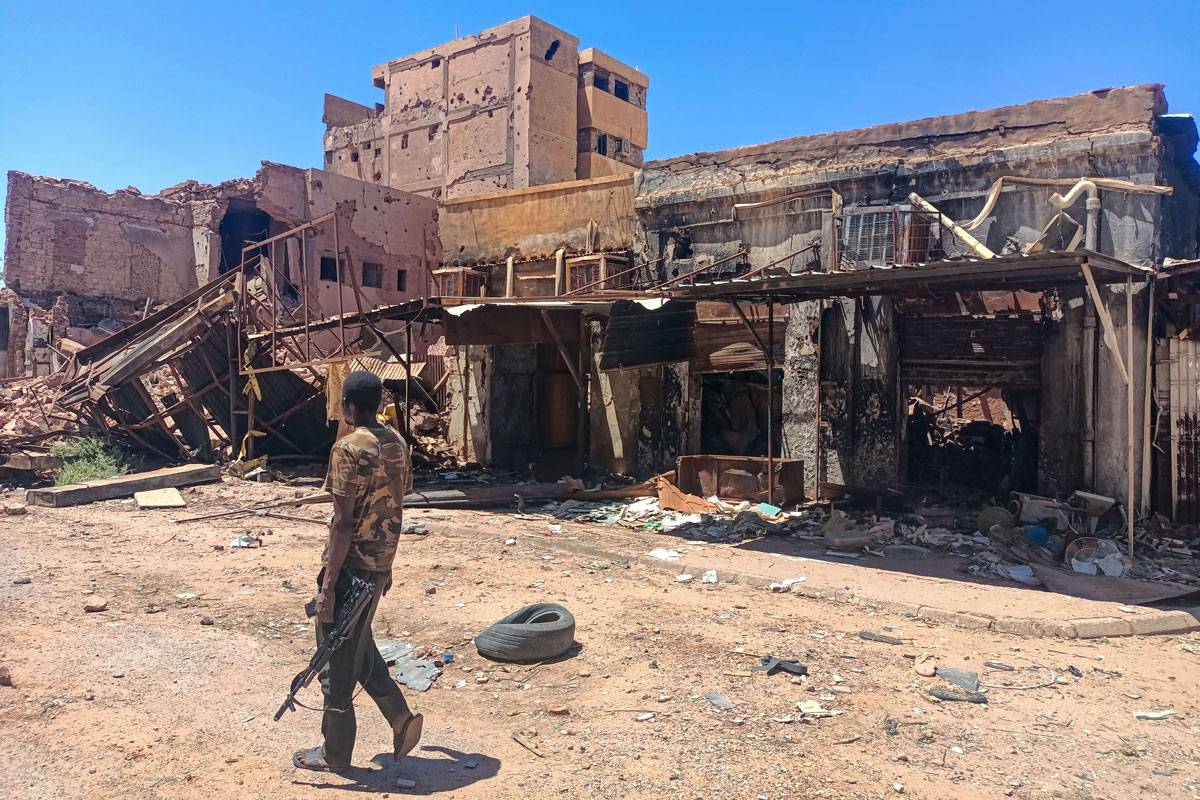




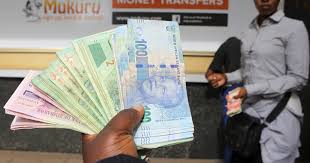
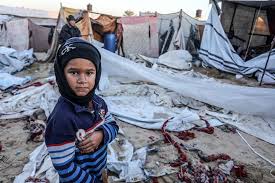
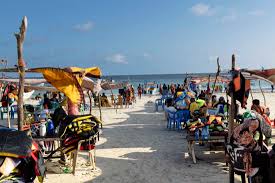

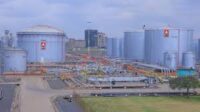

Leave a comment